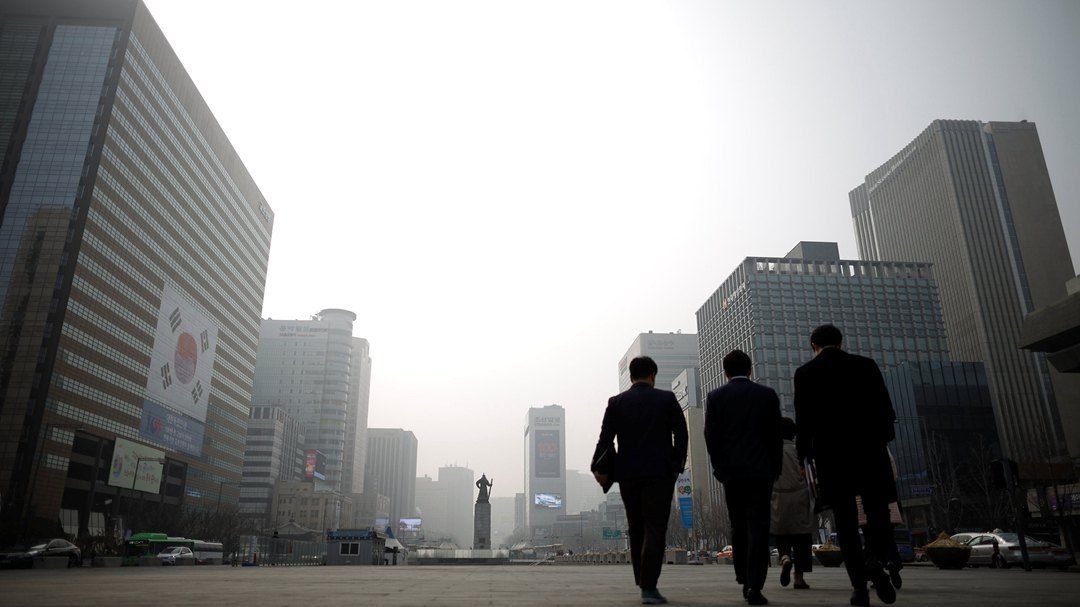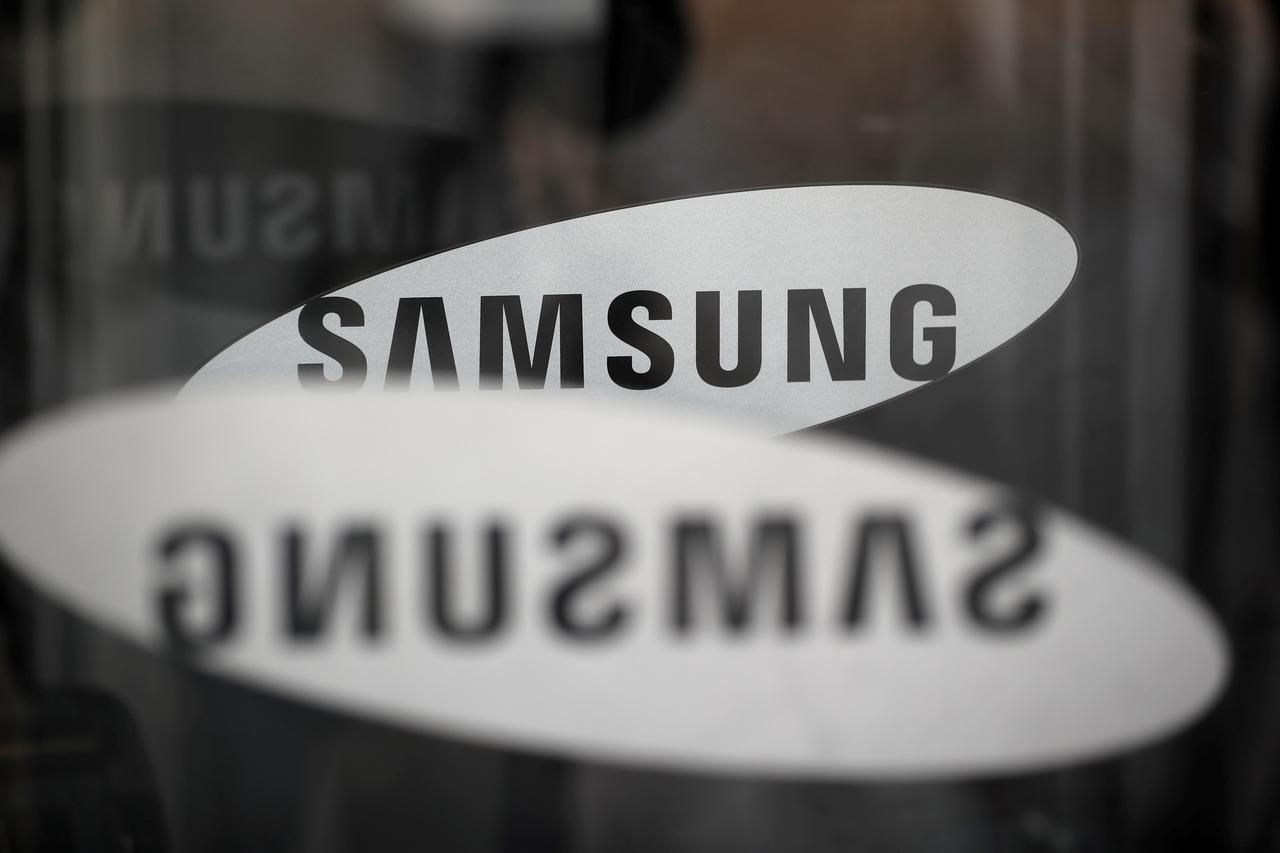
Technology
15:11, 21-May-2019
Samsung, LG investigated as 'Hazegate' scandal festers in South Korea
By Gao Yun

The emission data falsification scandal continues to boil in South Korea after the country's environment ministry revealed last month that 235 companies had manipulated data on air pollutant emissions since 2015.
Six companies including the country's three chemical giants – LG Chem, Hanwha Chemical and Lotte Chemical – are being prosecuted, while Samsung, Kumho Petrochemical are under investigation.
Details of their data fabrication have not been made public so far.

Reuters Photo
Reuters Photo
According to regulations in South Korea, enterprises can measure the emission of air pollutants by themselves based on the size of their workplace, or entrust qualified agents to conduct the measurement, and regularly submit it to the local government for review.
The mechanism left loopholes for enterprises to take advantage of, as the ministry said a number of them had colluded with monitoring agencies to falsify over 13,000 test results in the past four years, including the emission data of various hazardous gases that contribute to smog.
Samsung claimed it had never asked the agency to amend or change the figures. Kumho Petrochemical said it had turned over related staff to prosecutors. LG Chem apologized, saying it would immediately shut down the relevant facility and promising to take full responsibility.
The ministry said it would take measures to strengthen the inspection process. Instruments will be installed on the smokestacks of over 2,000 enterprises to detect the concentration of air pollutants in real time, and the emission data management mechanism will be adjusted as soon as possible.
South Korea is one of the world's most polluted countries in recent years, with many people blaming smog from China for its air pollution problem.
However, local media reports conclude that the rigging of environmental reports is practically a tradition for the companies, by which means the chemical giants have long been emitting pollutants more than permitted by the country's environment ministry.

SITEMAP
Copyright © 2018 CGTN. Beijing ICP prepared NO.16065310-3
Copyright © 2018 CGTN. Beijing ICP prepared NO.16065310-3